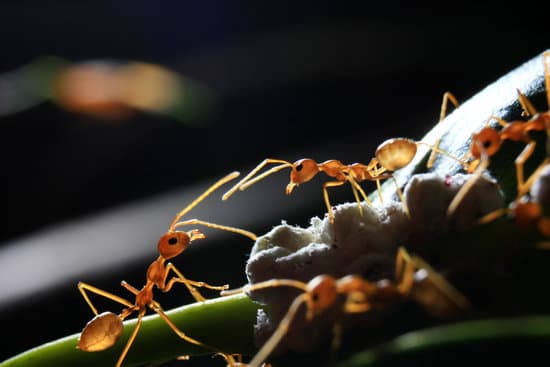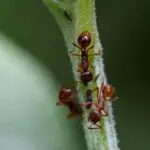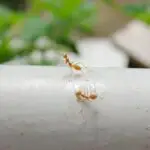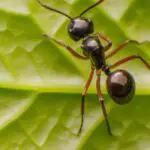Why Do Ants Bite Itch?
Symptoms of ant bite include redness and itching. You may also experience swelling, which can interfere with your blood flow to your toes and fingers.
A small, raised blister may form on your skin within 8 to 24 hours. It may become infected and require antibiotic ointment to treat. Antibiotic ointment can be applied three times a day.
Ant bites are usually harmless, but some species can be very harmful. For example, the bulldog ant is one of the most venomous insects. This species will sting multiple times and inject venom.
Other species will not sting and will be less painful. Some people are more sensitive to ant bites. These individuals are at higher risk of developing a severe allergic reaction. These individuals should consult their physician or an emergency room immediately.
Allergic reactions to ant bites can be life-threatening. They can result in anaphylaxis, which is a severe and potentially fatal allergic reaction. Some people may experience dizziness, nausea, chest pain, and difficulty breathing.
You can use toothpaste to relieve ant bite pain. Apply a cool compress to the affected area to reduce swelling. You can also apply honey to the area to help reduce itching. Taking a nonsteroidal anti-inflammatory drug (NSAID) to relieve pain may also be beneficial.
Itching may last for up to three days. The most effective treatment for ant bites is to massage the area gently. Some people also apply salt in water to the bite site. This may provide immediate relief.








